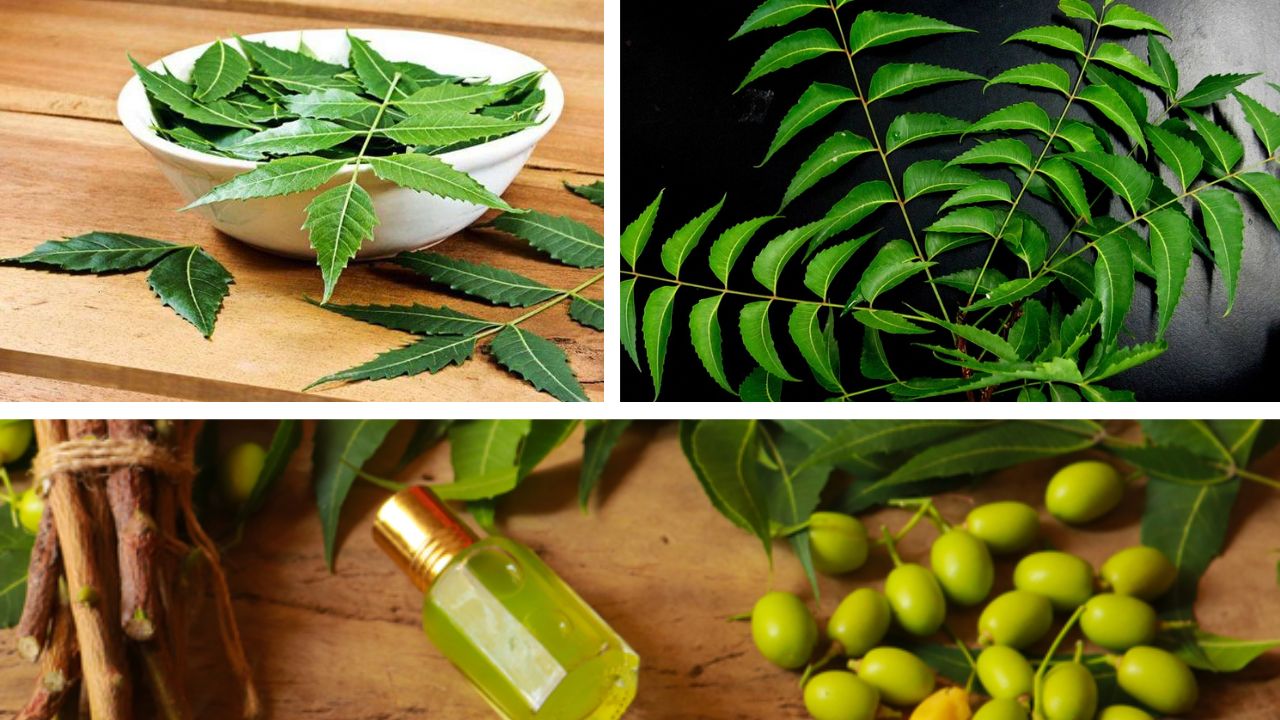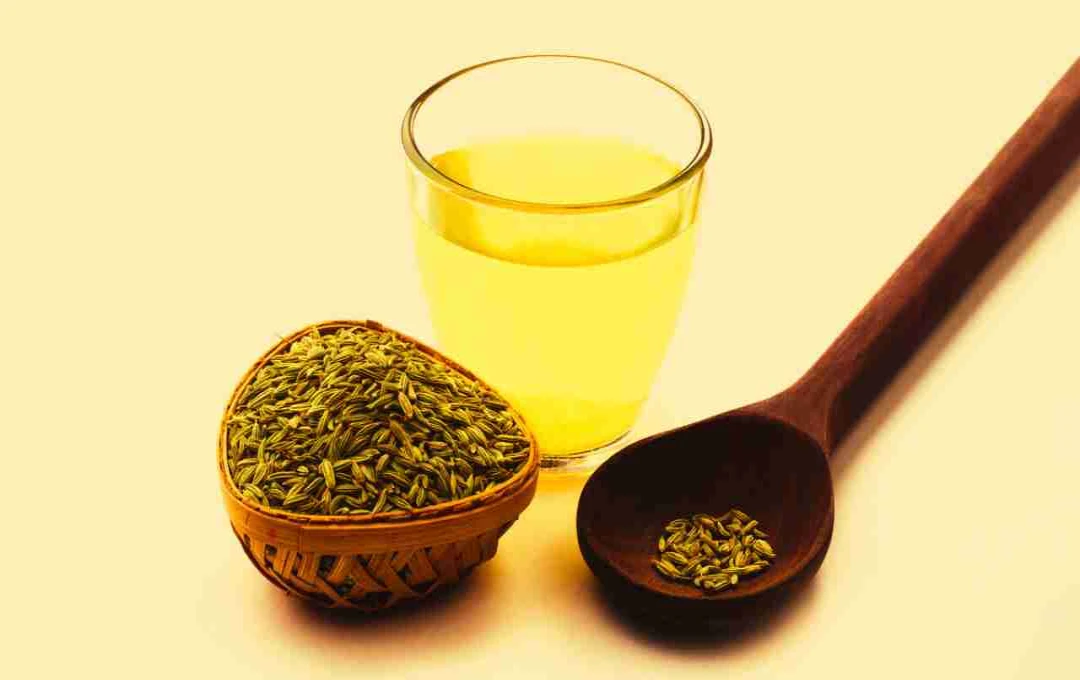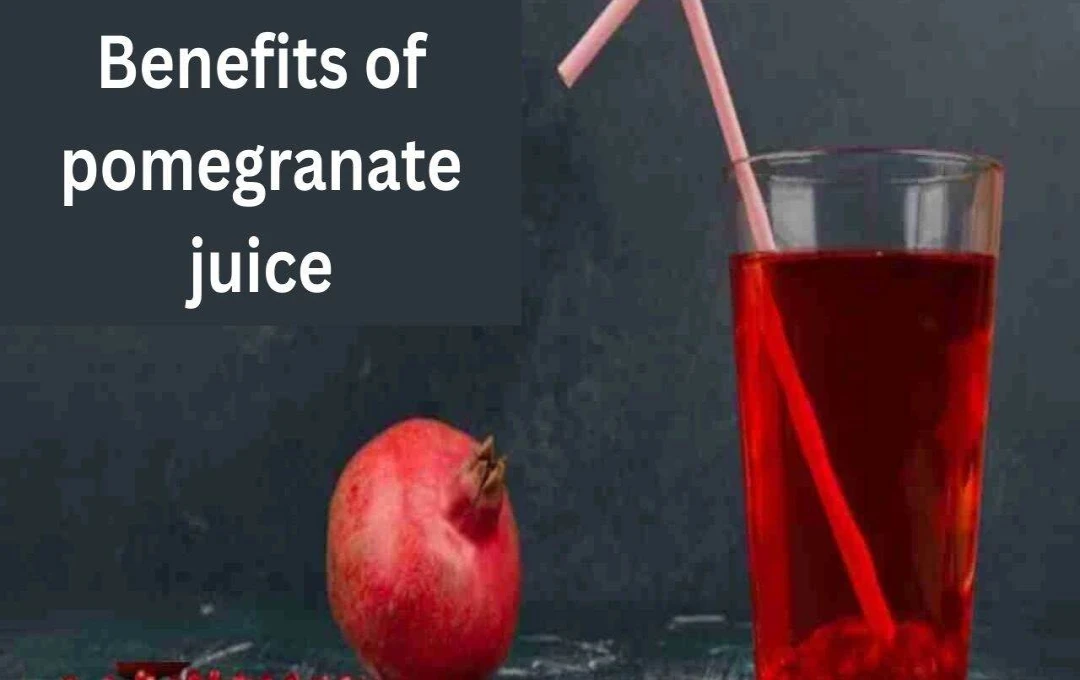Copper is an essential mineral for the body, playing a crucial role in maintaining b bones, healthy skin, and a robust immune system. Copper deficiency can lead to anemia, weak bones, and skin problems. Meeting your copper needs can be achieved through a balanced diet and consuming water stored in copper vessels. This article highlights the benefits of copper, its sources, and the correct methods of intake.
Why is Copper Invaluable for the Body?
Copper is a mineral that our bodies cannot produce on their own. However, it is essential for several vital bodily processes, such as blood formation, strengthening bones, repairing tissues, and improving skin complexion. A deficiency can result in weakness, a weakened immune system, and skin problems.
Copper's Crucial Role in Skin Beauty
Copper aids in the production of melanin, the pigment responsible for skin color. The right amount enhances skin complexion and protects against hypopigmentation (lightening of skin). It also helps alleviate skin problems like acne, eczema, and psoriasis. Copper, along with minerals like zinc and iron, contributes to overall skin health.
Copper Fights Anemia and Weak Immunity
Copper is vital for maintaining healthy blood quality. It helps in hemoglobin production, which carries oxygen throughout the body. Copper deficiency can lead to anemia (lack of blood). Furthermore, copper assists in the formation of white blood cells, strengthening the immune system and enabling the body to fight diseases.
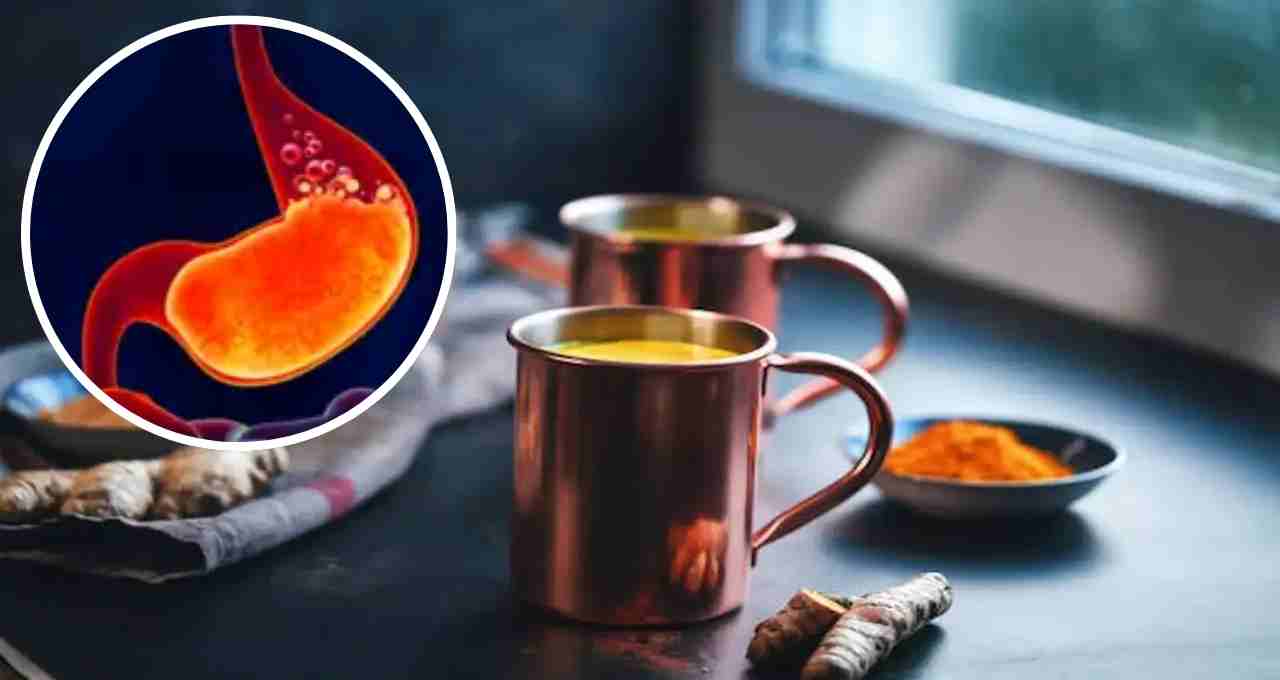
This Mineral Strengthens Bones
While calcium is often cited for bone health, copper is equally important. A significant portion of the body's copper is stored in bones and muscles. A deficiency can weaken bones and increase the risk of diseases like osteoporosis.
Daily Copper Requirements
The body's copper needs vary depending on age and condition:
- Children aged 9-13 years: 700 micrograms per day
- Adolescents aged 14-18 years: 890 micrograms per day
- Adults: 900 micrograms per day
- Pregnant women: 1000 micrograms per day
- Breastfeeding women: 1300 micrograms per day
Natural Sources of Copper-Rich Foods
To address copper deficiency, include these foods in your daily diet:
- Dark chocolate
- Cashews
- Sunflower seeds
- Tofu
- Potatoes
- Chickpeas
- Avocado
- Figs
These foods are both delicious and healthy, providing the body with the necessary copper.
Drinking Water from Copper Vessels: A Simple Home Remedy
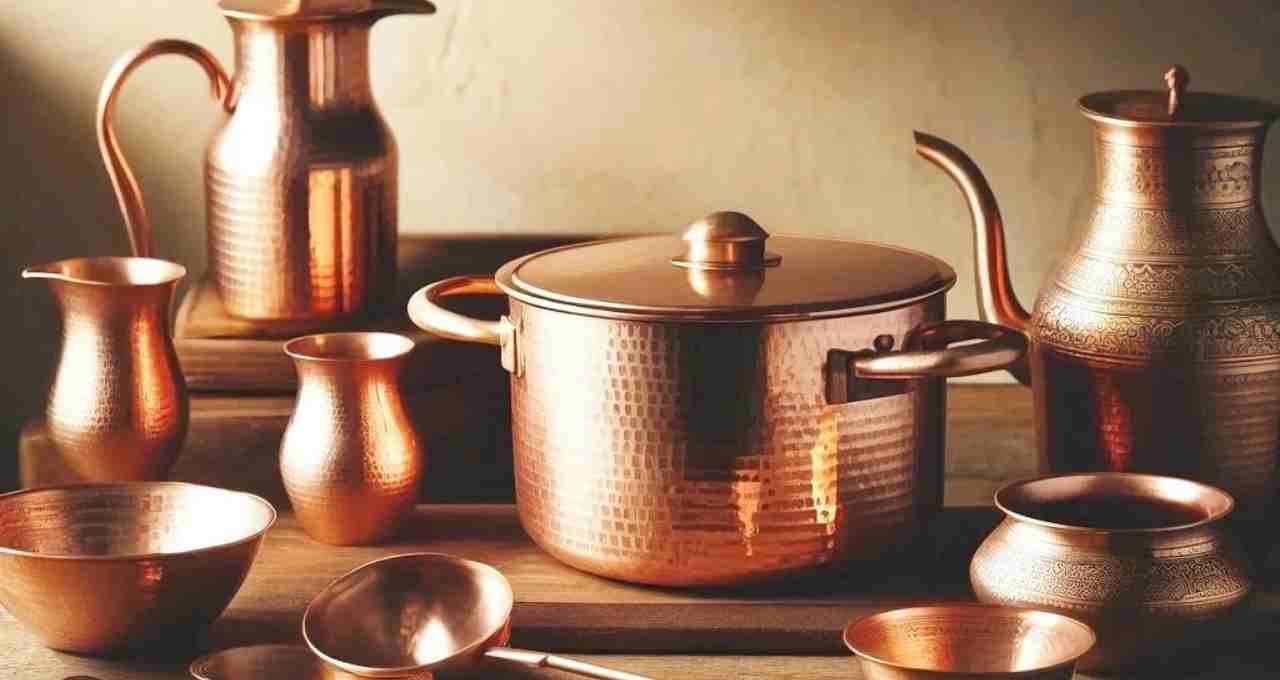
Ayurveda recommends drinking water stored in copper vessels. Fill a copper jug or bottle with water at night and drink 1-2 glasses on an empty stomach in the morning. This method not only addresses copper deficiency but also detoxifies the body and improves the digestive system. However, continue this remedy for 2-3 months and then take a break.
Caution When Taking Copper Supplements
Consult a doctor before taking copper supplements. Unsupervised supplementation can lead to vomiting, stomach pain, liver problems, and diarrhea. Therefore, obtaining copper from natural sources is safer and more beneficial.
Consume Copper in Balanced Amounts and Stay Healthy
Although copper is required in small amounts, its role in the body is extremely important. It improves bone strength, skin complexion, immunity, and blood quality. Small changes in diet and lifestyle can easily meet your copper needs.


